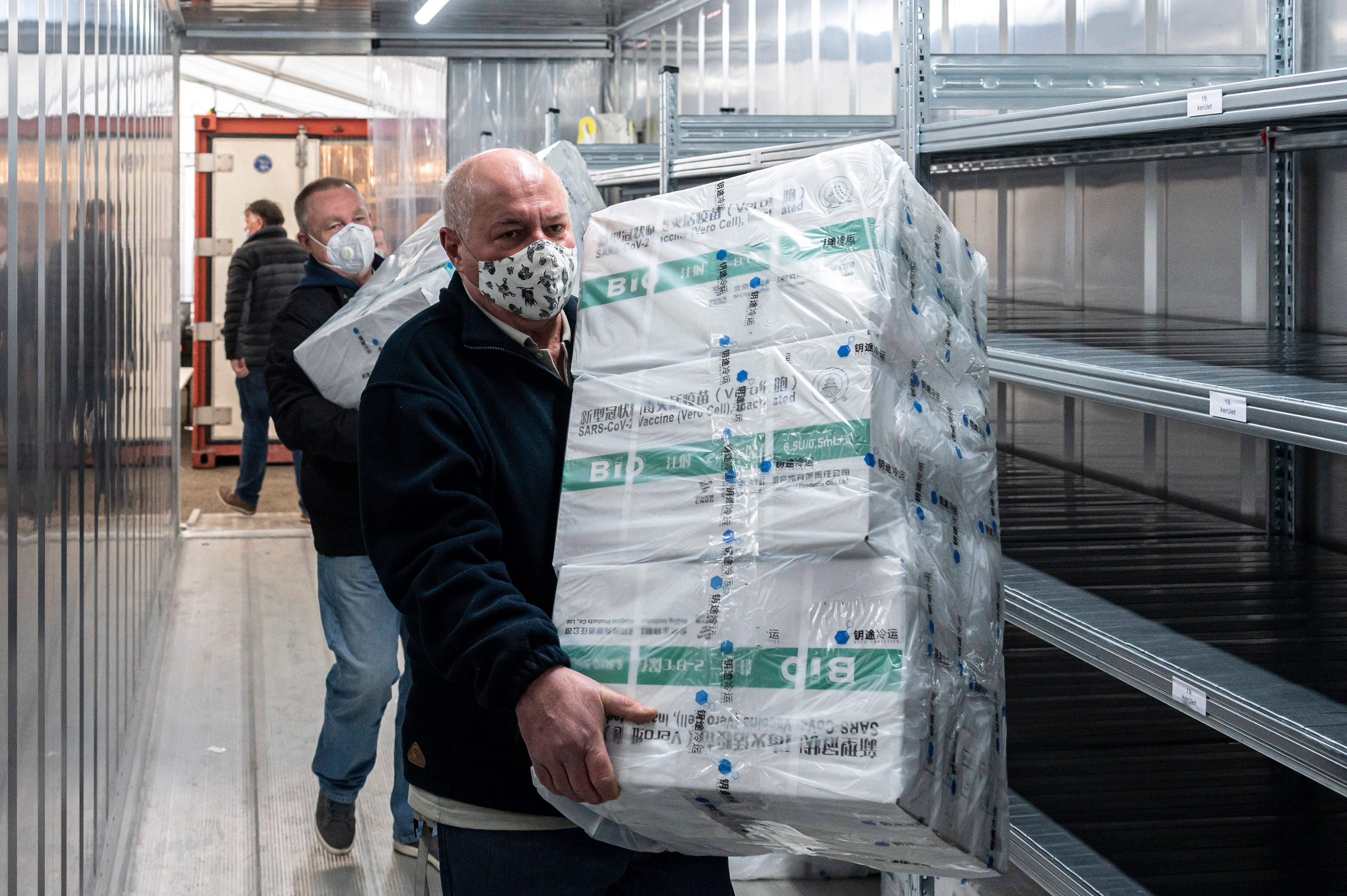Hungary tightens pandemic restrictions amid rising deaths
Authorities in Hungary are tightening pandemic restrictions in an effort to mitigate a rapid rise in deaths and hospitalizations caused by COVID-19

Authorities in Hungary are tightening pandemic restrictions in an effort to mitigate a rapid rise in deaths and hospitalizations caused by COVID-19.
Businesses will be required to close their doors for two weeks beginning Monday, with only grocery stores, pharmacies and gas stations permitted to remain open. Kindergartens and primary schools will also be closed until April 7. Sporting events may only be held without spectators, and businesses are urged to allow employees to work from home.
“If we don't close now, then not only will the number of infections and deaths radically increase, but it will delay our opening,” Prime Minister Viktor Orban's chief of staff, Gergely Gulyas, said Thursday at a digital press conference announcing the new restrictions.
The decision comes as another surge of the virus races across Hungary, with new daily cases and hospitalizations rapidly approaching their previous peaks set in December. On Thursday, one year to the day after the first confirmed COVID-19 case in Hungary, 6,278 new infections were reported alongside 152 deaths, the deadliest day since Dec. 23.
“The third wave is very strong, stronger than the second wave,” Gulyas said, adding that mask wearing will be required in all public places and additional border controls would be implemented.
Hungary's government until now had pursued a strategy of rapid vaccination as the key to handling spiraling pandemic numbers, caused in large part by more transmissible variants of the coronavirus. Hungary was the first in the European Union to purchase vaccines from China and Russia, boosting its supplies and giving it the third highest rate of vaccination by population in the EU.
Gulyas said that by next week Hungary will have vaccinated the highest proportion of its population among the bloc's 27 members.
Other restrictions in place since Nov. 11 — including an 8 p.m. to 5 a.m. curfew, digital education for high school and university students, the closure of hotels, spas and theaters and limitation of restaurants to takeout and delivery services — will remain in place.
This week, Hungary surpassed the United States in the number of cumulative COVID-19 deaths per 1 million inhabitants, according to data from Johns Hopkins University, the ninth worst rate in the world. As of Thursday, 15,476 people had died of COVID-19-related causes in the country of fewer than 10 million.
Bookmark popover
Removed from bookmarks